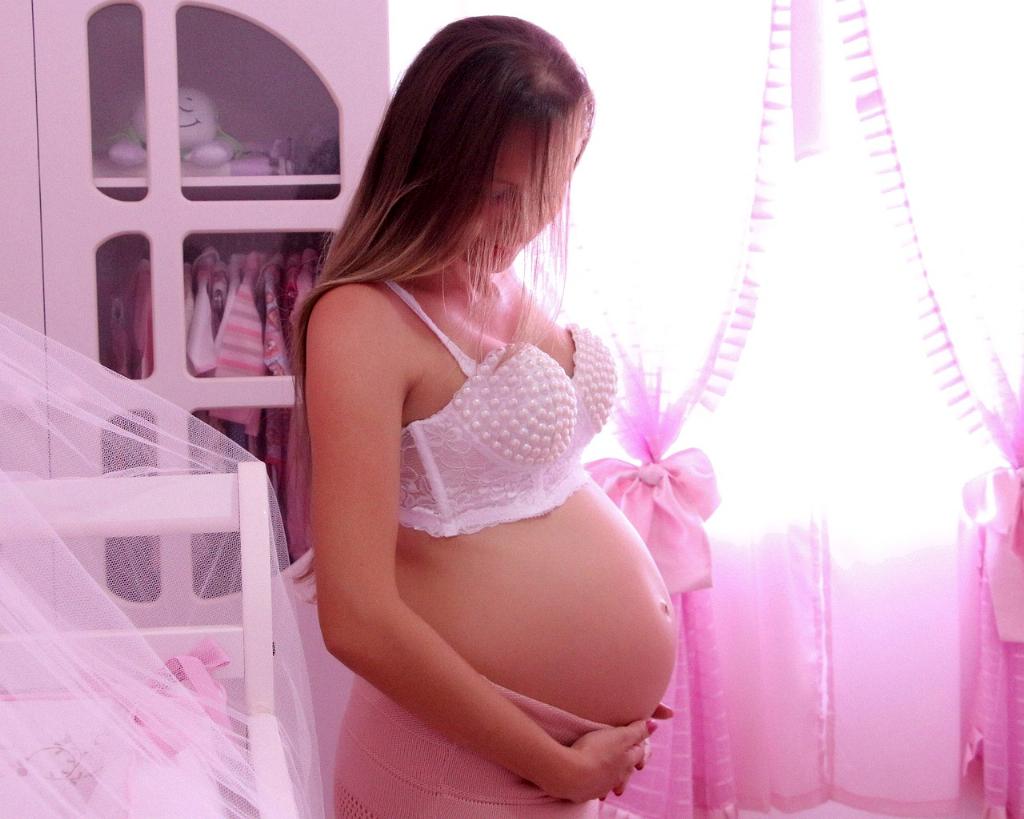When a dog is pregnant, there are several ways in which her behavior may change to indicate that she is expecting puppies. One common behavior that pregnant dogs exhibit is a sudden loss of energy. This can be attributed to the hormonal changes that occur during pregnancy, which can lead to weariness and lethargy. Typically, this decrease in energy levels starts around week two of pregnancy, causing the pregnant dog to have less stamina and tire more easily than usual.
Furthermore, pregnant dogs may also experience changes in their appetite and eating habits. Some pregnant dogs may exhibit an increased appetite, while others may lose interest in food altogether. These variations in eating behavior can be influenced by factors such as morning sickness, hormonal fluctuations, and the physical discomfort associated with pregnancy. It’s important to monitor your pregnant dog’s eating habits and ensure she is still receiving a balanced diet to support her and her puppies’ health.
Another common sign of pregnancy in dogs is nesting behavior. As the pregnancy progresses, a pregnant dog may begin to seek out a comfortable and secluded spot to create a nest for her impending litter. This nesting instinct is driven by the maternal instinct to prepare a safe and cozy environment for the arrival of the puppies. You may notice your pregnant dog scavenging for soft materials or rearranging bedding to build a nest that provides warmth and security for her newborns.
In addition to physical changes, pregnant dogs may also display behavioral changes that reflect their hormonal state. Some pregnant dogs may become more affectionate and seek extra attention from their owners, while others may become more withdrawn or irritable. These shifts in behavior can be attributed to the hormonal fluctuations that occur during pregnancy, impacting the pregnant dog’s mood and demeanor.
During the later stages of pregnancy, you may observe an increase in your dog’s restlessness and pacing. This behavior can be a sign that your pregnant dog is preparing for labor and may be experiencing discomfort as her due date approaches. Restlessness and nesting behavior may intensify as the dog’s body readies itself for the birthing process, indicating that labor is imminent.
It’s essential to provide your pregnant dog with a calm and quiet environment as she nears her delivery date, as stress and disturbances can negatively impact her and the unborn puppies. Ensuring that your pregnant dog has a comfortable and secure space to give birth can help her feel relaxed and supported during the labor process.
As the pregnancy progresses, you may notice physical changes in your dog’s body that indicate the growth and development of the puppies. A pregnant dog’s abdomen will gradually increase in size as the puppies grow, giving her a rounder and more prominent belly. This visible swelling is a clear indication that your dog is pregnant and preparing to give birth in the coming weeks.
Some pregnant dogs may also experience changes in their behavior towards other pets or animals in the household. Pregnant dogs may become more protective or territorial as they approach their due date, displaying aggression towards unfamiliar animals or individuals. It’s important to monitor your pregnant dog’s interactions with other pets and provide a safe and controlled environment to prevent any conflicts or aggressive behavior.
As the pregnancy reaches its final stages, a pregnant dog may exhibit signs of pre-labor, indicating that she is nearing the onset of labor. These signs can include restlessness, panting, pacing, and nesting behavior intensifying. These behaviors are indicative of the pregnant dog’s body preparing for the birthing process, as she readies herself to deliver her puppies.
It’s crucial to monitor your pregnant dog closely and stay alert for any signs of distress or complications during labor. If you notice any abnormal behavior or physical symptoms, such as prolonged labor, discharge, or excessive bleeding, contact your veterinarian immediately for guidance and assistance. Prompt veterinary care is essential to ensure the health and well-being of both the pregnant dog and her puppies.
Once the puppies are born, a pregnant dog’s behavior may shift again as she transitions into the role of a mother caring for her newborns. The mother dog will display maternal behaviors, such as nursing, grooming, and protecting her puppies, to ensure their health and safety. It’s essential to provide the mother dog with support and assistance as she cares for her litter, helping her create a nurturing and safe environment for her puppies to thrive.
In conclusion, pregnant dogs exhibit a range of physical and behavioral changes throughout their pregnancy, reflecting the hormonal and physiological adjustments occurring in their bodies. By being attentive to your pregnant dog’s needs and behaviors, you can provide the necessary care and support to ensure a healthy pregnancy and successful delivery of her puppies.

